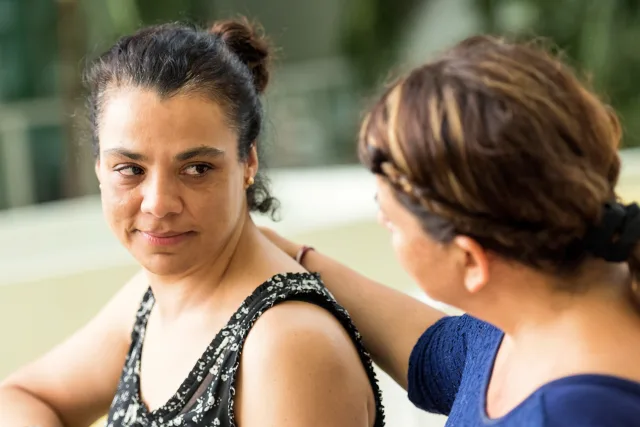
Preparing a will and estate planning
Preparing a will and estate planning
Preparing a will is a key step in planning for what happens when you pass away. Learn the essentials of preparing a will and tips for creating an estate plan.
Operated by: People's Law School
Information on wills, dealing with an estate, and personal planning.

Preparing a will and estate planning
Preparing a will is a key step in planning for what happens when you pass away. Learn the essentials of preparing a will and tips for creating an estate plan.

Challenging a will
It could be you’re shocked or disappointed by what a will says. Or you might believe the will doesn’t represent the true intentions of the deceased. In such cases you may be able to challenge it. There are different ways to do this. Learn about some common grounds for challenging a will, and what’s involved.

Your duties as executor
As an executor, you’re in charge of looking after the will-maker’s affairs after they pass away. Before you accept to act as an executor, you should understand an executor’s duties.

When someone dies without a will
If someone dies without a will, they’re said to have died “intestate." The law says how their property will get distributed, and who has the right to “administer” their affairs.

When your common-law spouse dies
Learn your rights, and what you’re entitled to, if your common-law spouse dies. Learn what happens if your spouse left a will, if they didn’t, and if you had children.

Powers of attorney and representation agreements
One day, you may need someone to help you make decisions concerning your health care, legal affairs, or finances. A representation agreement and power of attorney can help you prepare for this possibility.

Committeeship
A committee is a last resort option when someone becomes mentally incapable. A committee can make decisions for someone else who can’t make decisions for themselves. Learn how committeeship works.